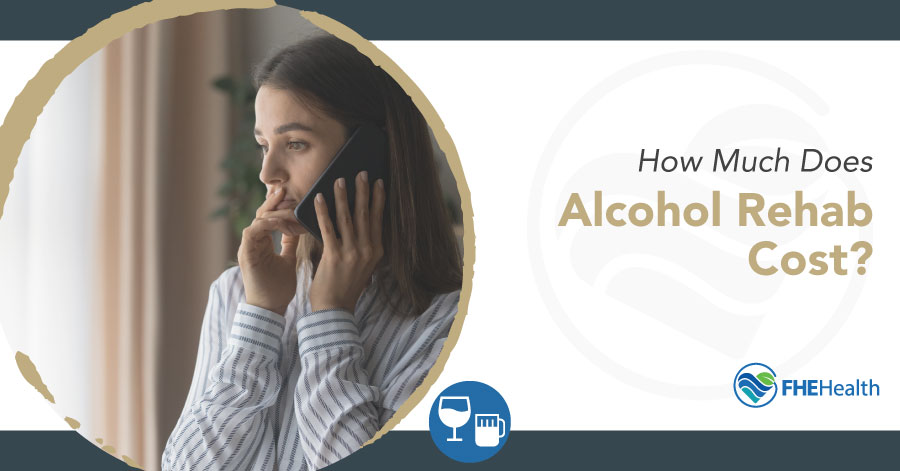
The U.S. is known for having one of the most frustrating and complicated medical billing and insurance systems in the world. Although the Affordable Care Act enacted numerous reforms to the system, people seeking any type of healthcare are often hit with hidden medical bills even when they have decent medical insurance.
If you or someone you know needs alcohol rehab services immediately, it can be helpful to know there are a variety of ways to pay for alcohol rehab costs without insurance. Financial concerns should never stop anyone from getting help for an alcohol abuse disorder; and, the costliness of long-term alcohol or drug addiction far outweighs the cost of entering an alcohol rehab program.
How Much Does Alcohol Rehab Cost?
People searching online for answers to the question “how much does alcohol rehab cost?” will find that the average cost of substance abuse treatment ranges widely, from around $2,000 to $50,000 or more. The more expensive rehabs are called “luxury” rehab centers that provide extra amenities for individuals who can afford them. However, these amenities (massages, saunas, chef-prepared meals) do not contribute to the quality or effectiveness of the treatment program.
Everything is included in the cost of an outpatient, inpatient, or partial hospitalization alcohol rehab treatment program: meals, rooms, group and individual therapy, medical supervision, medication-assisted treatment (MAT), detox, and 24/7 access to counseling. Once you have paid for your treatment, you have no other financial obligations to worry about.
The Cost of Addiction is Much, Much Higher
If the cost of alcohol rehab is stopping you from getting the right type of treatment, consider how incredibly expensive it can be to maintain an alcohol problem:
- Drinking a 12-pack of beer every day can cost $70 a week/nearly $300 per month
- Drinking three bottles of wine every day is roughly $20 per day/$140 per week/$560 per month
- Getting convicted of a DUI may mean the loss of driver’s license, thousands of dollars in fines and possible jail time leading to being fired from a job
- Getting arrested for disorderly conduct or assault while drunk can lead to thousands of dollars in fines, jail time, and the loss of a driver’s license
- There can also be the loss of relationships due to alcoholism (ex: divorce, estrangement from children, family members, and good friends)
Alcohol abuse can destroy your life. Don’t let financial anxiety about paying for rehab stop you from getting help.






